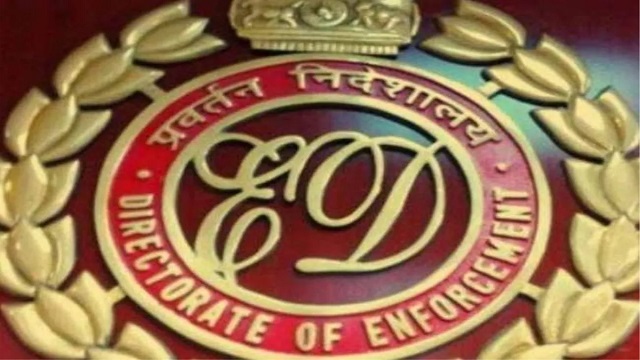ED Arrests Kingpin of Bangladeshi Hawala Racket Operating Out of Kolkata
The Enforcement Directorate (ED) has arrested the main accused in a major hawala racket involving illegal money transfers between India and Bangladesh. Officials caught the suspect in Kolkata, where he was running the operation. According to the ED, the man is the leader of a large network that secretly moved crores of rupees across borders.
The ED began investigating the case after receiving intelligence reports about illegal money flowing into Bangladesh. During their probe, officers tracked multiple suspicious transactions. These transactions involved fake companies, forged documents, and illegal cash movements. They found that the suspect used several shell companies in Kolkata to hide the true source of the money.
Investigators discovered that the accused transferred money through unofficial channels called “hawala routes.” These routes bypass legal banking systems. Instead of using banks, hawala operators rely on personal trust and networks. This makes it very hard for authorities to trace the flow of money. The racket used these illegal methods to send money to Bangladesh without leaving any formal record.
During the arrest, the ED also seized important documents, digital devices, and mobile phones. These items may provide more evidence and help identify others involved in the racket. The suspect is now in ED custody and will face further questioning. Officials believe he worked with several agents and couriers to carry out the illegal money transfers.
The ED is now trying to find out how much money moved through the racket and who else took part. They are also checking if the money was used for any illegal activities like smuggling or funding crime.
This arrest marks a major breakthrough in the case. It shows the ED’s strong efforts to stop financial crimes and illegal cross-border money transfers. The agency has promised to take strict action against anyone who breaks the law.
Authorities are urging the public to report any suspicious money transfers. They say public awareness and cooperation can help fight financial crime and keep the economy safe.

